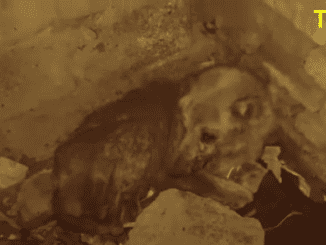
Why do people drool while sleeping?
Drooling during sleep is a common phenomenon that occurs in many people. Although in most cases it is completely normal, in some cases it may be related to certain health problems or sleep habits. Below, we’ll explore the most common causes and when it might be a sign of something more serious.
Common Causes of Nighttime Drooling
Muscle Relaxation
During deep sleep, especially during REM sleep, the body’s muscles relax, including those of the mouth and jaw. This can cause the mouth to open slightly and saliva to flow out instead of being swallowed as it does when we are awake.
Sleeping Position
Sleeping on your stomach or side makes it easier for gravity to release saliva. On the other hand, those who sleep on their backs tend to swallow saliva more easily, reducing drooling.
Nasal Congestion
When your nose is stuffy due to allergies, colds, or sinusitis, you breathe more through your mouth, causing saliva to flow uncontrollably.
Excess Saliva Production
Some people produce more saliva than normal, which is known as hypersalivation. This can be due to oral infections, swollen tonsils, or reactions to certain foods and medications.
Gastroesophageal Reflux Disease
Acid reflux can irritate the throat and stimulate excessive saliva production. Those with reflux often experience nighttime drooling along with heartburn.
Neurological Disorders
Some conditions such as Parkinson’s disease, cerebral palsy, or stroke can affect facial muscle control, making swallowing difficult and causing excessive drooling.
Medication Use
Some medications, such as sedatives, antipsychotics, and certain antibiotics, can increase saliva production or relax the muscles in the mouth, promoting nighttime drooling.
When is nighttime drooling a concern?
If drooling is frequent, excessive, or accompanied by other symptoms such as difficulty swallowing, breathing problems, or loud snoring, it is advisable to consult a doctor. It may be a sign of sleep apnea or another underlying condition that requires treatment.
Tips to Reduce Nighttime Drooling
Sleep on your back to prevent saliva from flowing backward.
Treat nasal congestion with nasal rinses or antihistamines.
Maintain good oral hygiene to reduce infections.
Consult a specialist if drooling is excessive and persistent.
In most cases, drooling while sleeping is harmless, but if it becomes bothersome or excessive, identifying the cause can help find an effective solution.


